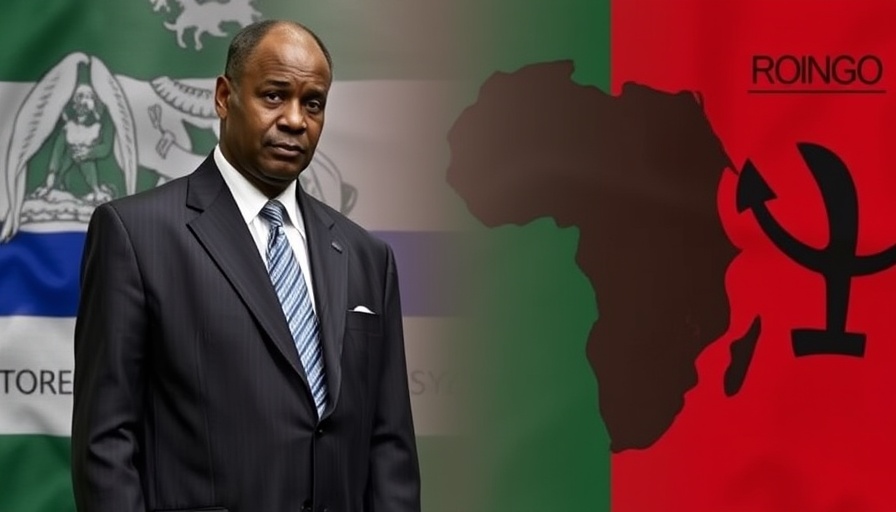
Rwanda's Departure from a Central African Bloc: A Tactical Shift
Rwanda's decision to withdraw from the Economic Community of Central African States (ECCAS) is a significant geopolitical development that signals both frustration and strategy in its ongoing dispute with the Democratic Republic of Congo (DRC). This unexpected move underscores the complexities of regional stability and cooperation in Central Africa, revealing underlying tensions that could impact economic progress and political alliances across the continent.
The Underlying Reasons: Tensions with the DRC
The tension between Rwanda and DRC has been brewing due to various accusations ranging from territorial disputes to supporting rebel factions. Rwanda's exit from ECCAS appears to be a tactical maneuver, hinting at a shift in how it wishes to engage with its neighbors. This decision not only affects Rwanda's diplomatic relations but also its trade engagements, which are vital for its economic aspirations.
Broad Implications on Africa's Political Landscape
This withdrawal could set a precedent for other nations facing similar disputes. It raises important questions about the effectiveness of regional organizations in managing conflicts and sustaining cooperative economic frameworks. As business leaders and investors closely monitor these developments, the potential for instability becomes a key concern for future investments in the region.
A Broader Context: Geopolitical Ramifications
Rwanda's stance might resonate across the African continent, particularly in countries aligning similarly with regional powers. The geopolitical dynamics at play, influenced by foreign relations with countries like China and EU nations, could drastically reshape trade policies influencing Africa's role in global markets. Moreover, a fractured ECCAS could hinder collaborative efforts across a bloc that spans nations crucial to Africa's economic landscape.
The Future for Rwanda and Regional Politics
As this situation unfolds, Rwanda's strategic realignment invites scrutiny from policymakers and researchers alike. The implications of its withdrawal might lead to further evaluations of governance and collaborative frameworks across Africa. Investors should remain vigilant, as any shifts in the political environment will directly impact market stability.
Rwanda's exit from the ECCAS is not just a mere diplomatic action—it's a potent illustration of the complex interplay of regional politics, economic aspirations, and the ongoing quest for stability in East Africa.
 Add Row
Add Row  Add
Add 


 Add Row
Add Row  Add
Add 

Write A Comment